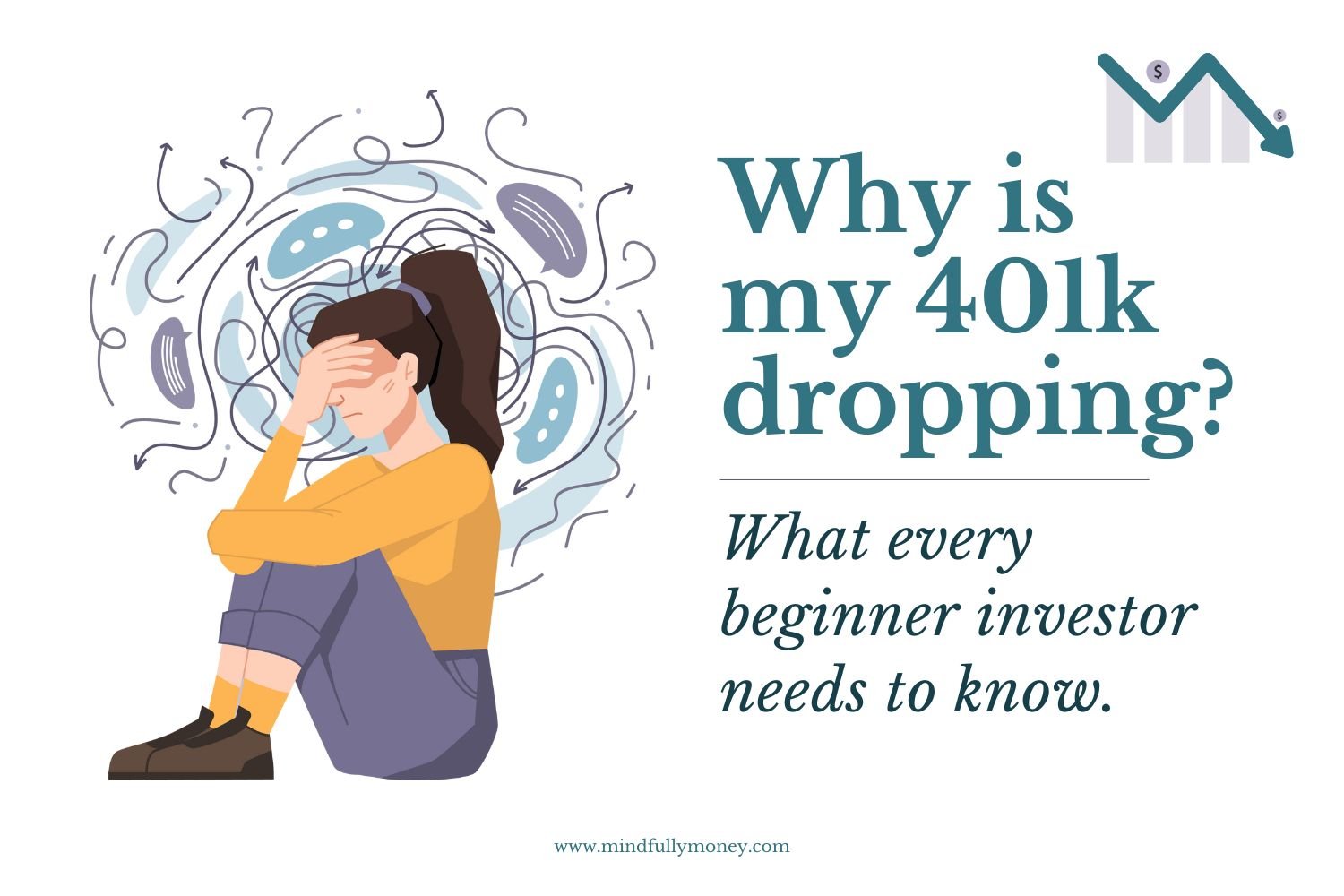How to Choose a Bank
Choosing a bank is no easy task. In the old days, you just went to a local bank or credit union and called it a day. Maybe there were a few to choose from, so you went with one that was more convenient, offered a better rate, or had better customer service.
But now the options are seemingly endless. There are at least ten different bank and credit union options within a few miles of me and that doesn’t include all of the online-only options that are available these days. Banks come in a variety of sizes. They offer different services and charge/offer different rates. Some banks focus on being a one-stop shop and others are centered around particular communities, causes, or values. So how do you choose?
When selecting a bank, start by identifying your needs and goals and then choose a bank based on what things are most important to you. Here are some things to consider:
Account Options
Most of us use a bank as simply a place to store money. Our paycheck comes in and we use it to pay our bills. If we’re lucky, we set some aside in a savings account.
At a minimum, you should have one checking account and one savings account, but what else might you need or want? Here are a few options to consider:
Multiple savings accounts in which you keep money for different goals
A savings account that allows you to divide your money into sub-accounts
Individual and joint accounts for sharing money with your partner
A linked credit card
A high yield savings account that will help you earn more in interest
2. One Bank or Multiple
Some people like the convenience of having all of their banking needs filled by one bank or credit union. It’s simple: you have one online login, only one place to go, and you can see everything in one place.
Others prefer to shop around and get the best rates and deals or like to keep their savings accounts separate from their checking account(s). Having accounts at different places can help you fill different needs, such as if you need to have a local bank branch for depositing cash, but you also want an online high yield savings account to earn more interest.
3. Convenience
Personally, I’m a huge fan of online banks and mobile deposits. I’m so happy that I no longer have to drive to a bank and wait in line. However, that may not be what works for you. Think about your lifestyle and how banking fits into it. How do you use money? Do you want a local bank in your neighborhood? Do you need access to ATMs that won’t charge fees? Do you need a brick and mortar bank so you can deposit cash?
There’s no right or wrong answer. Find the option that makes your life the easiest, even if that means staying at your current bank because you just don’t have the mental capacity to think about it right now.
4. Fees and Interest Rates
Fees
You should not be paying fees for your bank account. If you are paying fees, it’s either because you really love your bank and want to give them extra money, you accidentally stopped filling the requirements, or you just haven’t gotten around to switching to a bank without fees.
(I really hate worrying about all the hoops banks make you jump through to get the fees waived.)
The point is, there are so many free checking and savings accounts these days with no special requirements that you really should not be paying fees.
Interest Rates
Basic checking and savings accounts earn you nothing. The good news is that there are options where you can earn more.
As I’m writing this in 2021, interest rates have been extremely low. That has been great news for borrowers, but not great news for those of us who would like to earn a little money on our short-term savings. Whenever you read this, it’s worth checking the interest rates being offered, either in CDs or high yield savings accounts. Use a tool like bankrate.com to view current rates and compare accounts.
While .5% isn’t a huge amount to earn in the long run, it’s a lot more than the .01% your traditional savings account offers.
5. Values
Carefully choosing where you bank is one of the most high-impact things an individual can do. Banks operate by holding your money and lending it back out in the form of mortgages or other loans. This money may or may not be going to things you support.
For example, the big banks provide trillions of dollars of financing to the fossil fuel industry. According to this Vox article, JP Morgan Chase alone contributed $317 billion between 2016 and 2020.
Luckily, it is getting easier to find banks that provide financing to causes you might feel are important, such as racial justice, renewable energy, or other social issues.
Choosing a bank that invests in the right places is one of the best ways to use your resources for good.
Want to gain clarity around your values? Get my free values worksheet here.
Choose the Best Bank for You
In the end there is no one right bank for everyone. Check with friends, family, or co-workers to see if anyone has a bank they love. And as always, make sure that your bank has a good reputation and is FDIC insured.
Next: Learn why automating your finances is the best way to make sure your money goes where you want it to.
Was this article helpful? Pin for later and check out some of these related articles:





